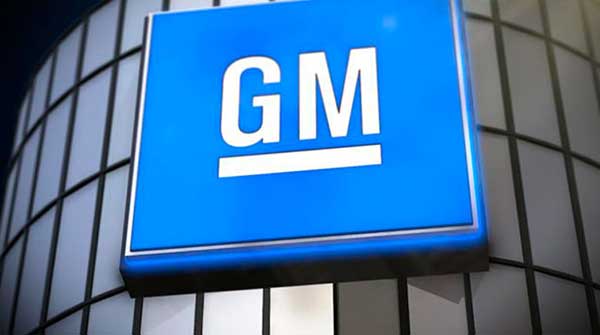Canada’s costly habit of corporate welfare handouts comes under scrutiny
In 2005, the Canadian government under Paul Martin announced a $200 million taxpayer-funded investment in General Motors, promising it would boost the auto industry, stimulate economic growth, and generate numerous new jobs.
However, nearly two decades later, records obtained by the Canadian Taxpayers Federation (CTF) through access-to-information requests reveal that not a single job was created as a result of this investment. Only two percent of the loan has been repaid.

Franco Terrazzano
 |
| Related Stories |
| Volkswagen corporate giveaway a massive misallocation of taxpayer’s money
|
| Why bailing out Air Canada is counterproductive
|
| Bombardier the poster child of pork-barrel cronyism
|
Franco Terrazzano, CTF Federal Director, questioned the government’s handling of this corporate welfare, saying, “How can the government claim its corporate welfare is a success when it doesn’t even know if it created jobs? The receipts show only two percent of the money was repaid. What about the other 98 percent?”
As of January 9, 2023, no evidence suggests that investing hundreds of millions of public funds in private hands led to job creation. The government’s lack of follow-up on job creation stems from not requiring GM to report on whether any jobs were generated, according to Terrazzano.
“… why promise jobs if you’re not monitoring the numbers, and why include jobs estimates on the forms if they don’t need to be filled out? Every field is mandatory when we pay our taxes, but bureaucrats seem a lot less diligent when they’re giving away our money.”
Adding to the concern is the fact that the funds provided to GM were categorized as “repayable contributions,” which essentially means they were loans. However, federal records reveal that only two percent of the loan, equivalent to $4.6 million, has been repaid.
“When a normal Canadian forgets to carry the two on their tax return,” Terrazzano pointed out, “the feds send the hounds after us, but they can’t be bothered to collect $195 million outstanding on a loan to a huge corporation. The government needs to get taxpayers’ money back.”
This situation, he said, is part of a long-standing tradition of the government providing substantial financial support to auto giants. In the 1980s, GM received $270 million in corporate welfare. In 2009, during the auto industry bailout, Canadian taxpayers contributed about $10.5 billion to GM. In 2022, both the federal and Ontario governments allocated $518 million in corporate welfare to GM, and in May 2023, GM and POSCO Chemical received $220 million from the federal and Quebec governments for an EV battery plant.
“Why are the feds giving GM more money when government records show only a fraction of an older loan has been repaid? Two decades later and the feds are still giving buckets of cash to car companies. Does this government expect taxpayers to subsidize automakers forever?”
In recent years, the government provided $28 billion in corporate welfare to auto giants Volkswagen and Stellantis for the construction of EV battery plants in Ontario. A Parliamentary Budget Officer report from September 12, 2023, revealed that it would take four times longer than initially estimated to recover enough revenue to offset the cost of these subsidies.
Terrazzano concluded by urging a change in approach, stating, “This debacle provides another painful lesson for taxpayers: don’t believe the hype when politicians cut corporate welfare cheques. Instead of giving taxpayer money to hand-picked corporations, the feds should cut taxes and red tape for all businesses.”
| Troy Media
To interview Franco Terrazzano, click here.
The opinions expressed by our columnists and contributors are theirs alone and do not inherently or expressly reflect the views of our publication.
© Troy Media
Troy Media is an editorial content provider to media outlets and its own hosted community news outlets across Canada.

